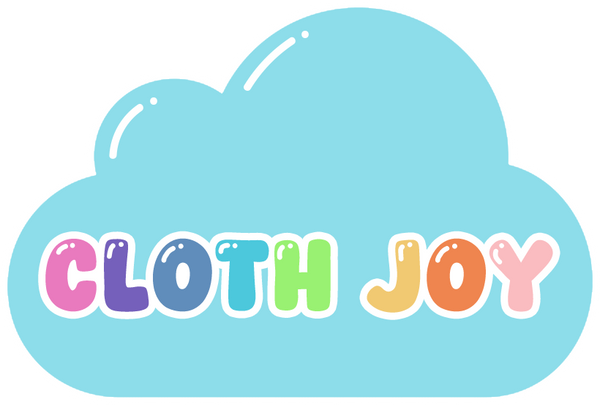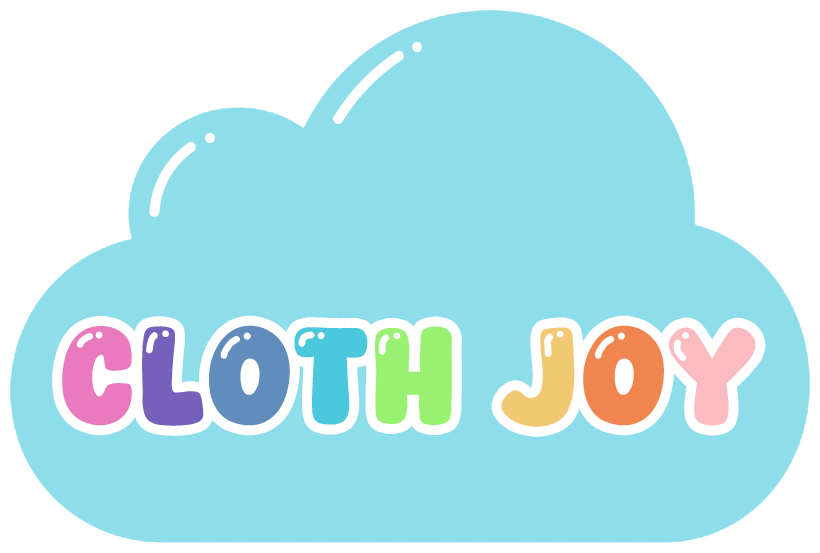🍄 Dealing with Mold on Cloth Diapers:
Share
Mold is a serious concern when it comes to any fabric that comes into close contact with the skin—especially for babies, whose immune systems and skin are more sensitive. Mold spores can cause a range of health issues, including skin irritation, allergic reactions, and even respiratory problems like wheezing, coughing, or sinus issues. In some cases, prolonged exposure to mold can lead to more significant health risks, particularly for those with asthma or mold sensitivities.
Unfortunately, once mold has developed on a cloth diaper—especially if it's been sitting damp or in storage—it can be extremely difficult to ensure it’s been completely eradicated. While bleach and other treatments can kill many types of mold, there’s no reliable way to verify that every spore has been eliminated deep within the fibers of the fabric. Some mold can remain invisible or dormant, and even a small amount left behind can grow again under the right conditions.
This uncertainty is what makes mold in cloth diapers so tricky. While some families choose to attempt mold removal with bleach soaks or other treatments, the reality is that there’s always a risk the mold wasn’t fully killed—or that toxins associated with mold (like mycotoxins) may still be present. There’s also the potential for cross-contamination if moldy diapers are washed with the rest of your stash.
Because of these risks, we strongly recommend discarding any cloth diaper or reusable item that has visible mold growth. As difficult as it may be to let go of a diaper—especially if it's a favorite or part of a pricey stash—your baby’s health and your family’s well-being come first. Tossing the item is the most reliable way to:
Avoid continued or future exposure to harmful mold spores.
Protect your baby’s skin and respiratory health.
Prevent the mold from spreading to other diapers or laundry items.
Think of it as a small sacrifice that helps preserve the safety and integrity of the rest of your cloth diaper collection—and more importantly, your family's health.

